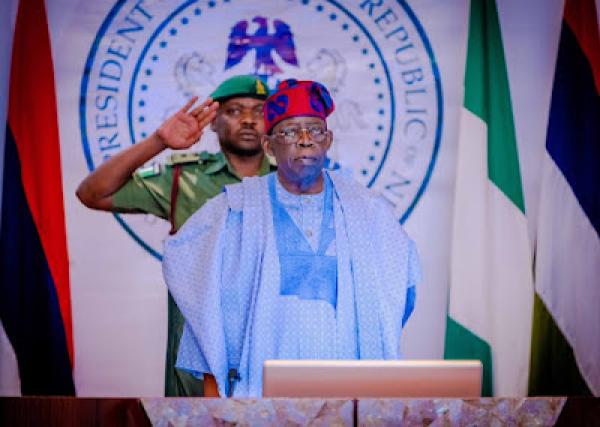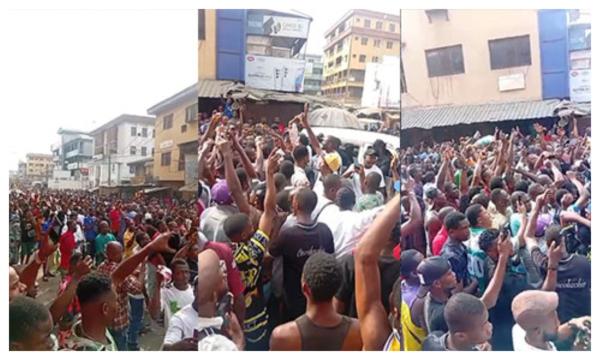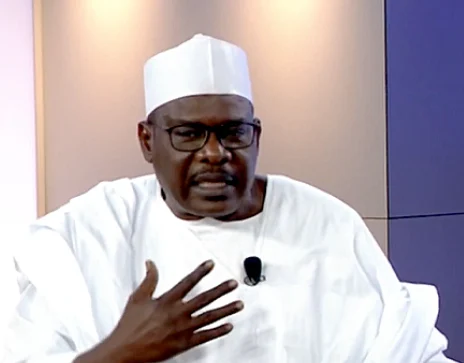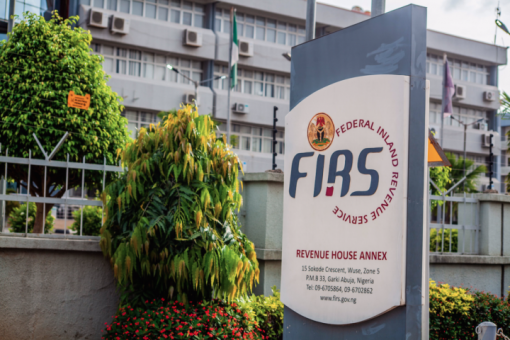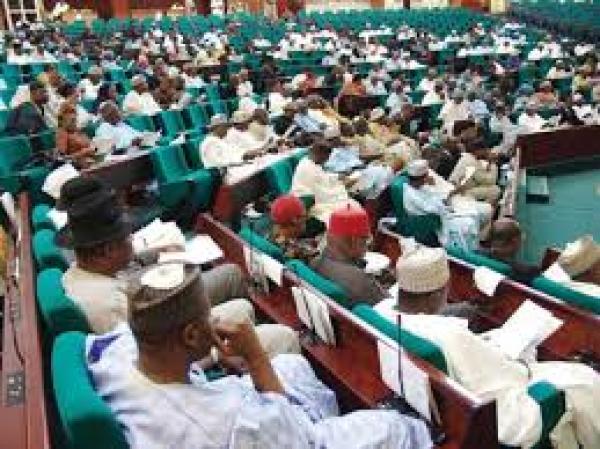
The House of Representatives on Wednesday, resolved to investigate the $460 million Chinese loan secured by the President Goodluck Jonathan administration to procure and install Closed-Circuit Televisions in strategic locations within the Federal Capital Territory to enhance security in the nation’s capital.
The resolution of the House followed the adoption of a motion of urgent public importance moved by the member representing Isuikwuato/Umunneochi Federal Constituency, Abia State, Hon Amobi Ogah during Wednesday’s plenary.
Titled, “Need to investigate the rising insecurity and loss of several lives in Abuja, the Federal Capital Territory, despite the CCTV project secured with a Chinese loan of $460m,” Ogah said the spate of insecurity in the nation’s capital has made it imperative to revisit the project.
In 2010, the Federal Government took a loan of $460m to install CCTV cameras in the FCT, but the project was not executed.
The 9th House in 2019, through its Committee on Finance, took the Ministry of Finance to task on the status of the project and the failure to execute the project.
The Minister of Finance at the time, Zainab Ahmed, told the Committee that the loan was being serviced but failed to give details on the status of the project.
In 2023, a Federal High Court in Abuja ordered the federal government to make public the details of how the $460m was spent after listening to prayers in a suit brought before it by the Socio-Economic and Accountability Project.
Speaking on the substance of the motion on Wednesday, the lawmaker stated that “The administration of former President Goodluck Jonathan, acting in good conscience, embarked on the need to curb insecurity in the Federal Capital, Abuja, by installing CCTV cameras around strategic areas to monitor unwholesome activities with a view to preventing crime and placing surveillance on criminals and apprehending them.
“In order to firm up the above, erstwhile Finance Minister, Dr Olusegun Aganga, led a Federal Government delegation to Beijing, China in 2010 to sign a Memorandum of Understanding with ZTE Communications of China, to which the contract for the installation of the CCTV was equally awarded.
“The House is concerned that the funds for the contract were secured through a $460m loan obtained from the China-EXIM Bank and lifted from a $600m financing portfolio secured as a soft credit loan, with interest repayable in 10 years, after an initial 10 years of grace.”
Ogah lamented that despite this huge investment as well as the financial burden Nigeria is subjected to by way of servicing the loan, “The impact of the CCTV is not felt in any manner. Rather than abating, the crime rate has soared in Abuja, leading to daily reports of deaths arising from unmonitored crimes around the federal capital.”
He further argued that the situation, which has seen Nigeria paying heavily for the loan obtained from a Chinese bank to execute the non-functional CCCTV contract undertaken curiously, also by a Chinese firm and contractor, “Leaves the country in a lose-lose nightmare.”
In his contribution, Edo lawmaker, Billy Osawaru, urged lawmakers to rise to their responsibilities by asking tough questions.
He said, “The House must commit to carrying out good oversight for the good of Nigerians. We must discourage bad behaviour.”
On his part, the member representing Gwoza/Damboa/Chibok Federal Constituency, Borno State, called for a thorough investigation of the multi-million dollar project, saying, “I don’t know the kind of feasibility study they carried out. A lot of money was spent to procure CCTVs, but they are nowhere to be found. If you look at the fact that the present government is paying a lot of debt, you will agree that we need to get to the root of this matter.”
Following the adoption of the motion, the House resolved to set up an ad-hoc committee to investigate the status of the project and submit a report to the House for further legislative action.












